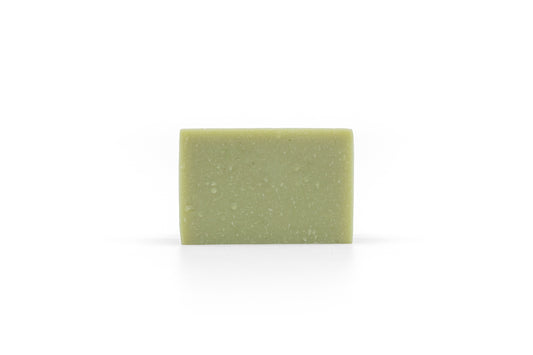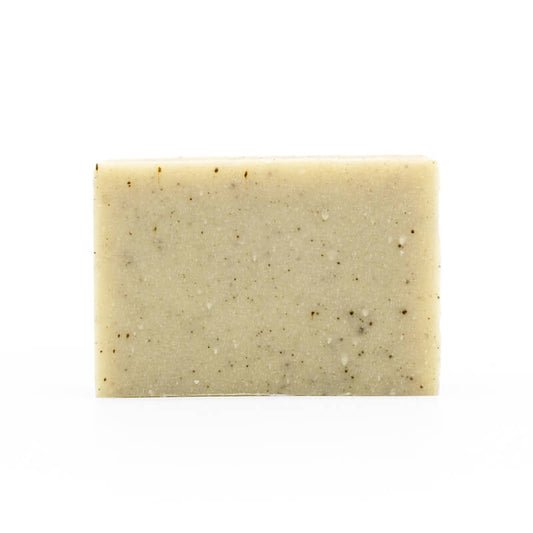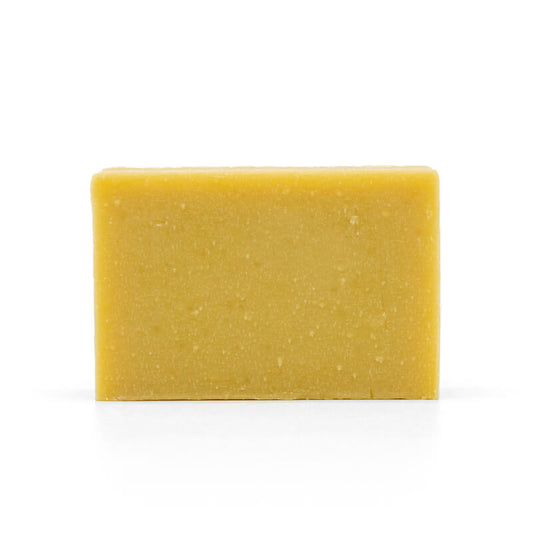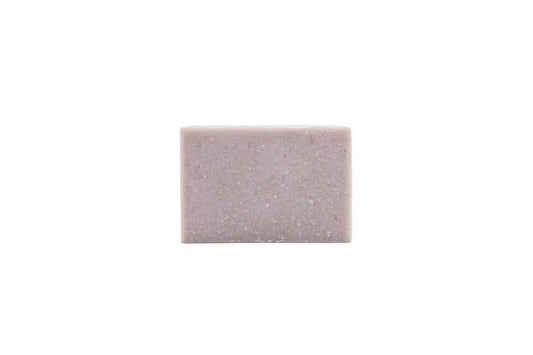Bentonite Mineral Clay
 A popular addition to self care products and cosmetics, bentonite mineral clay is used in multiple industries due to its availability and characteristic physical properties. At Beaverton’s, bentonite mineral clay is a valued additive in naturally derived cold process soap and a key mineral ingredient.
A popular addition to self care products and cosmetics, bentonite mineral clay is used in multiple industries due to its availability and characteristic physical properties. At Beaverton’s, bentonite mineral clay is a valued additive in naturally derived cold process soap and a key mineral ingredient.

Gray shale formation with bands of bentonite and other minerals in Colorado Springs, Colorado, USA ; Image: Wikipedia/
Bentonite mineral clay comes in multiple varieties, with some having a more complex composition than others. In geology, the term “bentonite” is used to refer to a type of mineral growth derived from volcanic ash which is composed mainly of sodium-rich and calcium-rich montmorillonite, a type of smectite clay mineral, with its name being derived from from the Benton Shale rock formation in Wyoming, USA where it was first documented in large quantities. In the context of industry and commerce however, the name “bentonite” may be applied to clays containing mixtures of different smectite clay minerals. The properties of different smectite minerals are very similar, so the major separation in the usefulness of these different “bentonite” clays comes down the consistency of the material in which they are found: geological “bentonite” tends to be more pure and consistent in its properties, while industrial “bentonite” can vary considerably depending on the proportions of its constituent smectites making it more similar to the clays known as “French mineral clay” which also contain mixtures of smectite minerals. The mineral clays which more closely match the geological definition of “bentonite” are of greatest interest to Beaverton’s as using higher purity sodium-rich and calcium-rich montmorillonite, or in this context “sodium-bentonite” and “calcium-bentonite” respectively, allows for greater control of the soap making process, and the properties of the final cold process soap bar are more consistent. In particular, the soapmakers at Beaverton’s prefer to use calcium-bentonite as it swells less in the presence of water than its sodium counterpart thus causing less disturbance to the structure of bar soap during washing.

Shale bluffs of the Benton Shale formation in Cow Island, Montana, USA ; Image: Wikipedia/Bureau of Land Management
The predictable behaviour of calcium-bentonite makes it a great tool in the fine tuning of naturally derived soap bars. Montmorillonite found in this mineral clay adds further cleansing properties to soap by aiding in the removal of fine particles on the skin's surface due to its absorbent nature. High purity montmorillonite is also known for its ability to add greater slip and smoothness to bars of cold process soap, improving the feel of lather and softening the blow of harsh scrubbing.

Sample of calcium-bentonite clay, is both raw and moistened forms ; Image: Integris Health
One of many naturally derived ingredients found in Beaverton’s cold process soap bars, bentonite mineral clay is a welcome addition to skincare. With its lather boosting properties and appealing texture, bentonite mineral clay makes great soaps that much more wonderful. Enjoy the benefits of this mineral clay and other naturally derived ingredients found in the cold process soaps of Beaverton’s.







